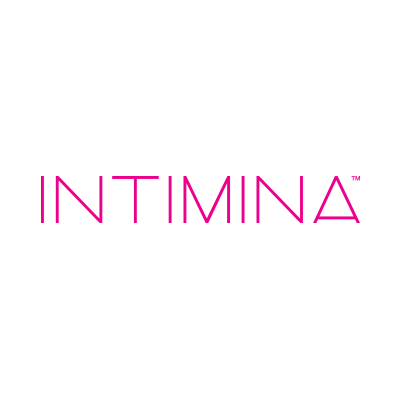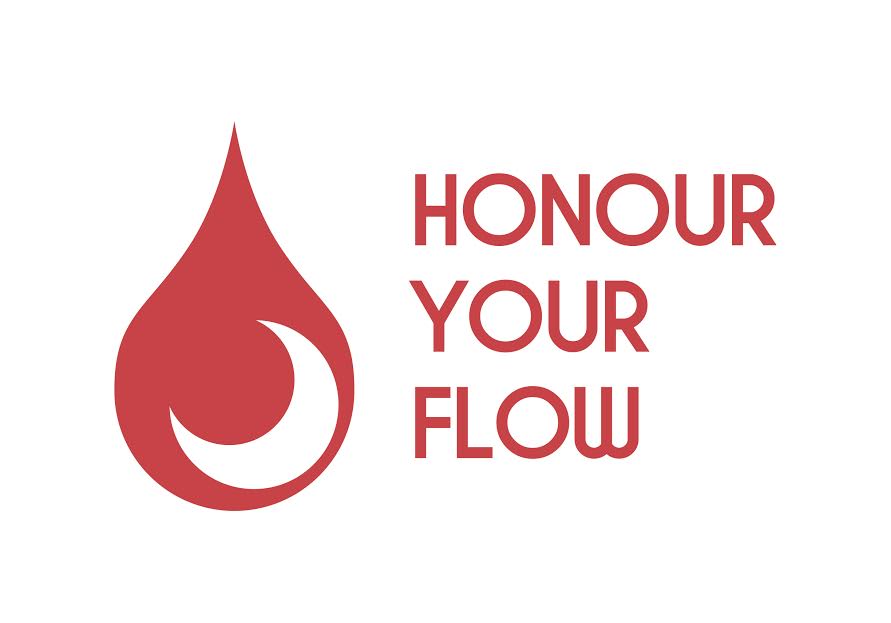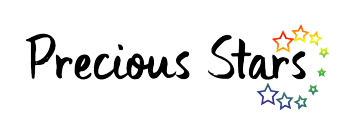Our Approach and Curriculum
Our Relationships and Sex Education (RSE) workshops draw on the creative pedagogies of AGENDA, engaging young people through discursive and craft-based activities - in full compliance with statutory guidance on Relationships, Sex and Health Education.
Sessions can be tailored to schools’ specific needs and existing curriculum as part of a bespoke RSE programme, and can also be delivered through stand-alone workshops, carousels on drop-down days or whole-year assemblies.
OUR SECONDARY CURRICULUM
We offer an expansive curriculum broken down into seven key themes. As detailed below, these themes progress across the key stages to ensure our sessions are informative and age-appropriate.
-
IDENTITIES: What are the various intersecting aspects that make up who we are?
RELATIONSHIPS: Intro to positive relationships; friendship & family, improving relationships.
CONSENT: Intro to consent; understanding boundaries, seeking consent, getting help.
SEXUAL VIOLENCE: Gender roles; gendered expectations and pressure these create.
BODIES: Puberty, anatomy, correct names, hygiene, periods & taboo-busting.
REPRODUCTIVE & SEXUAL HEALTH: What do the words ‘contraception’ ’protection’ ‘conception’ mean?
MEDIA: Body image, diversity, representation, body positivity, social media
-
IDENTITIES: What does LGBTQIA+ stand for? Understanding queer history and context.
RELATIONSHIPS: Identifying abusive behaviour, stalking, identifying green and red flags, trust and jealousy.
CONSENT: Consent & the law, signs of consent and no consent, digital consent, seeking support.
SEXUAL VIOLENCE: Rape culture; myths & misconceptions, misogyny & incels, seeking support.
BODIES: Diversity in bodies, myth busting & misconceptions e.g. myth of virginity.
REPRODUCTIVE & SEXUAL HEALTH: Contraception & protection in detail, PEP & PREP, stigma, accessing services, your rights.
MEDIA: Sexual scripts, the representation of sex in the media including pornography.
-
IDENTITIES: What's the difference between sex and gender? Allyship and inclusive spaces.
RELATIONSHIPS: Communication, accountability, break-ups, boundary-setting and 'romantic scripts'.
CONSENT: Defining "sex"; connection between consent, communication and pleasure.
SEXUAL VIOLENCE: Understanding the effects of sexual violence; trauma; supporting survivors.
BODIES: The body & sexual pleasure; myth of virginity;
REPRODUCTIVE & SEXUAL HEALTH: Abortion care & reproductive rights; fertility, conception facts, miscarriage.
MEDIA: Presentation of sexuality in the media; social media and censorship.
Our Approach to RSE is Based on These 9 Principles

Quality assurance is of paramount importance to us. Learn more about our work and approach in this blog.



























